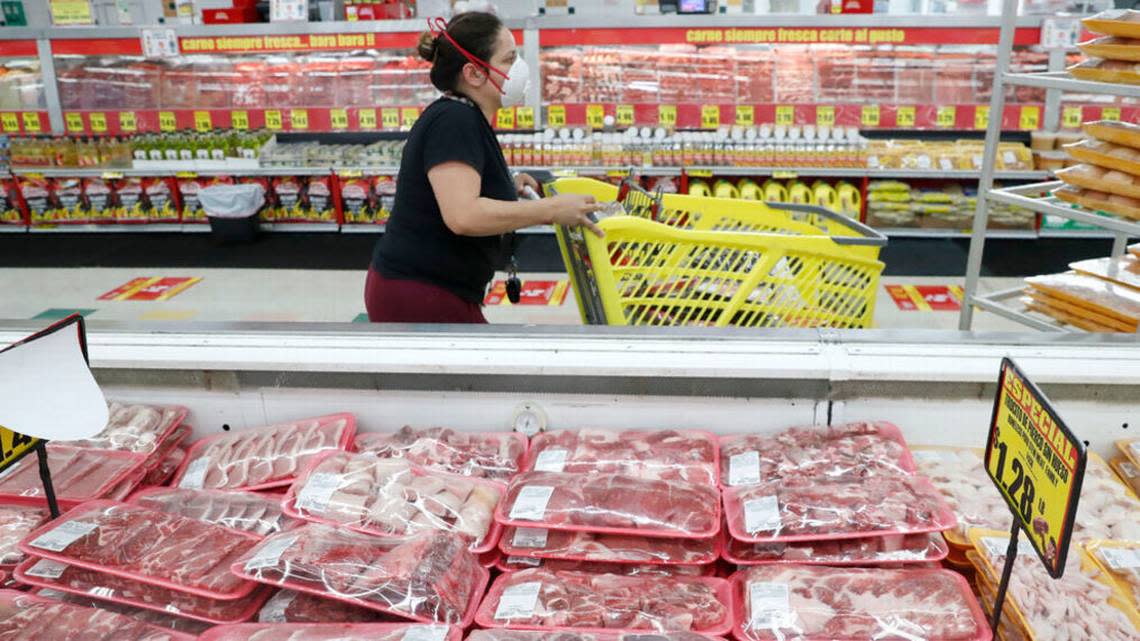What did the health inspector say about your favorite Miami restaurant? See for yourself
What’s lurking in the restaurant kitchen?
Regular inspections by the state reveal all sorts of unsavory sides to the menu: turds, roaches, rodents, filth, sewage.
Sorry to ruin your appetite — but it’s good to know what’s inside restaurants, and what the managers are doing about it.
Here’s a guide to inspections and the steps you can take as a consumer:
Who inspects restaurants?
State team: The Florida Department of Business and Professional Regulation sends inspectors into restaurants.
How to see restaurant inspections
Weekly report: Miami Herald staff writer David J. Neal compiles a weekly list and summary of restaurants that have been dinged by inspectors. Find his reports among the restaurant coverage coverage on Miami.com.
READ MORE: Rodents in Hialeah. Roaches near pizza dough. Miami to Palm Beach restaurant fails
Interactive map: Here is an interactive map of Miami-Dade County on what inspectors are finding and where:
Can a diner report a problem?
How to file a complaint: Customers who see an issue can file a complaint with the Florida Department of Business Regulation.
What are inspectors looking for and what are they finding?
Failures Inspectors look for an find insects, filth and unsanitary conditions:
▪ Dirty kitchen equipment such as crusty meat slicers and slimy soda machines.
▪ Live and dead insects and rodents, and the poop they leave behind.
▪ Food safety that includes storage temperatures and labeling dates.
▪ Malfunctioning or broken equipment such as sinks.
What if a restaurant fails inspection?

Penalties: If an inspector determines the management needs to address violations before serving food to customers, the restaurant will be shut down until it passes re-inspection, usually in a day or two.
Are grocery stores inspected the same way?

Different state inspection agency: Florida food stores are inspected by another state agency, the Department of Agriculture.
Different penalties: Unlike restaurants, grocers — which include grocery stores, supermarkets, mini-marts, convenience stores, food storage, food distribution and food processing facilities — are generally not shut down if they fail inspection. Instead, inspectors order the stop-sale of specific products. Problem with the deli bologna? No more bologna sales until things get straightened out, for instance.
Inspection focus at grocers: Inspectors are looking for unsafe or unsanitary food storage — they want hot food kept hot and cold food kept cold, and everything under a cover. They also are on the prowl for insects, rodents, critter-gnawed merchandise, workers who don’t follow cleanliness rules like hand-washing, and filth on equipment such as deli slicers.
Filing a complaint: Customers can also report problem to the Department of Agriculture by filing a complaint.
